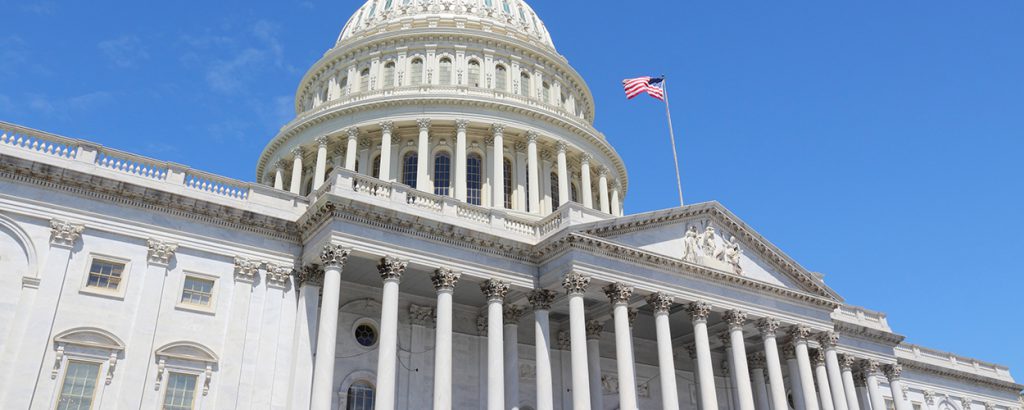This website uses cookies so that we can provide you with the best user experience possible. Cookie information is stored in your browser and performs functions such as recognising you when you return to our website and helping our team to understand which sections of the website you find most interesting and useful.
Business News Labels & Publishers Legal Media
Another Local Radio Freedom Act proposed in the US
By Chris Cooke | Published on Friday 22 February 2019

Law-makers in the US have proposed a nifty bit of legislation in Washington which aims to radically not alter the law regarding what royalties AM and FM radio stations in the US should pay into the music industry. It might as well be called the Let’s Not Change Anything Act, but instead goes by the name of the Local Radio Freedom Act.
US copyright law is unusual in that, when it comes to sound recordings, it only provides copyright owners with digital performing rights. Which means that, while AM/FM radio stations have to pay royalties to music publishers and songwriters, they pay no money to record labels and artists for the music they play. Only online and satellite radio stations have royalty obligations to the music industry.
The record industry, of course, has been lobbying for years to try and get a general performing right added to the sound recording copyright Stateside, so to bring US law in line with much of the rest of the world. It’s because of those efforts that the radio industry lobbies for its own legislation that supports the status quo.
This isn’t the first time a Local Radio Freedom Act has been proposed, and the whole endeavour is really about providing a useful list of Congress members who would oppose any efforts by the record industry to get full performing rights. 124 members of Congress have so far formally backed the latest Local Radio Freedom Act.
Responding, the musicFIRST Coalition, which has long lobbied Washington on behalf of the record industry on this issue, said yesterday: “The Local Radio Freedom Act has once again been introduced in the House and Senate. The resolution, backed by the National Association Of Broadcasters, falsely asserts that paying artists for their work is a ‘tax’.
A spokesman for the Coalition, Trevor Francis, added: “Here we go again. The NAB will dedicate months and spend millions accumulating names on a motion that falsely protects ‘local radio’ and that will never become law. Meanwhile, the radio marketplace continues to change for NAB’s members, and not for the better. The NAB may want to focus less on lobbying in DC and more on how radio can provide music fans the innovation they want in today’s digital world”.
Of course, as radio reinvents itself online, broadcasters do have to pay royalties to the record industry, because of the aforementioned digital performing rights.





